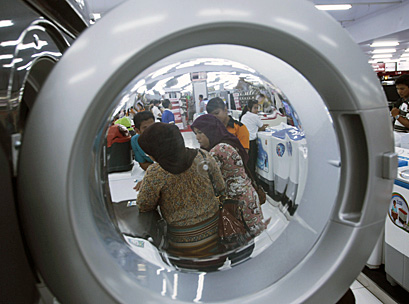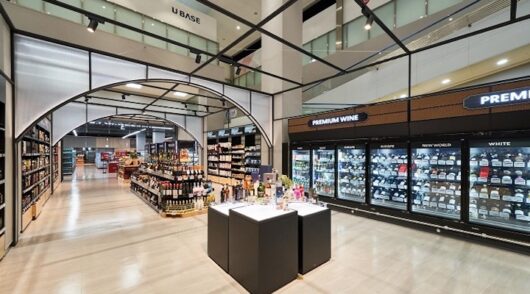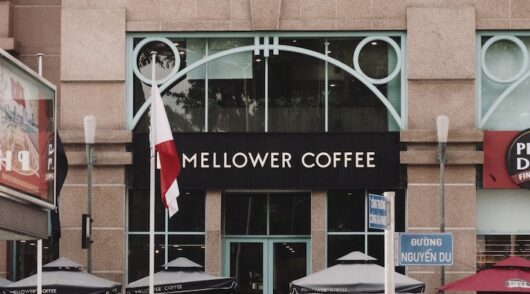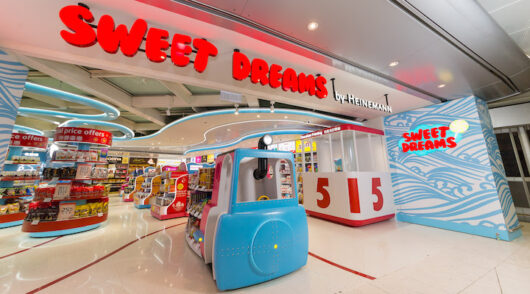Indonesia is at the early stages of a period of strong economic growth, creating a wave of new middle-class and affluent consumers (MACs) that will grow in both size and purchasing power through 2020, says the Boston Consulting Group (BCG).
With the fourth-biggest population in the world, a stable political climate and strong local demand, Indonesia’s economy is currently growing at 6.4 per cent a year. Such growth is lifting millions from lower-income socioeconomic levels into the MAC categories. The number of MACs in Indonesia is projected to double between 2012 and 2020, from 74 million to 141 million. At that point, the island of Java alone will have more MACs than the entire population of Thailand.
“These consumers are the sweet spot of this market,” said Vaishali Rastogi, a BCG partner.
“They’re beginning to move beyond basic necessities to products that offer greater convenience and comfort, such as home durables, white goods, cars and financial services,” said Rastogi.
BCG has found out that Indonesian consumers tend to be extremely family oriented, and as they move from lower-income classes into the middle and affluent classes, they are more likely to buy things that improve living conditions for their families than splurging on themselves. Some 63 per cent say they never spend on themselves until the needs of the family have been met (compared with 46 per cent in China).
Such findings point to categories in which consumers would be willing to trade up as they enter the MAC segment, such as education, home renovations, consumer durables and health care.
Similarly, it has also been found out that even when MACs splurge on big-ticket items, they justify their purchases by focusing on functional benefits. For example, home durable products are viewed as long-term investments. Consumers justify the purchase of DVD players and flat-screen televisions as a way to save money on going out to the movies.
“This has implications for the way that companies market their products,” said BCG partner Dean Tong.
“Because functionality is so crucial, brand name recognition and clear messaging regarding product features will become increasingly important,” said Tong.
Companies must also understand if they are to effectively reach MACs, says the report. The MAC population is becoming more dispersed. Indonesia currently has 12 cities with more than 1 million MACs. By 2020, however, this number will roughly double, to 22, (including emerging cities such as Palembang, Makassar, Batam, Semarang, Pekanbaru and Padang).
“Companies that are currently reaching 50 per cent of the MAC base will need to double their regional presence if they want to maintain the same level of reach,” said another BCG partner Eddy Tamboto.
“They will need to think about how they operate and scale up, how they organise their sales forces and supply-chain networks and how they distribute goods to address demand in the lower-tier cities that they might have overlooked before,” he said.






